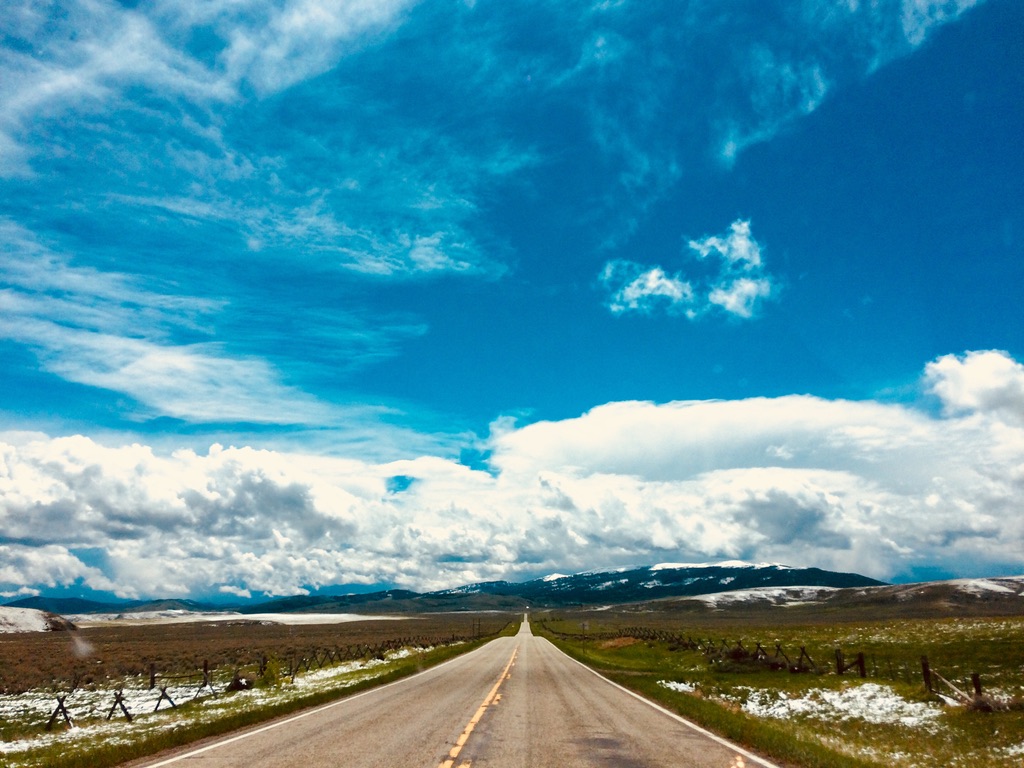
A winter reflection and lots of good news (galleys of The Entire Sky are here!!!) over at Substack. Check it out!


A winter reflection and lots of good news (galleys of The Entire Sky are here!!!) over at Substack. Check it out!


Check out my latest newsletter–which includes a sneak peek at the cover of the next novel!–over at substack.

Been a long run of rainy, cold days here in Oregon. Just now, though, after a brief, sleety snow on the fading crocuses and the daffodils yet waving their yellow flags, the sky went breakaway blue. A western sky, deep and shot through with high-running clouds.
Made the jump to Substack, and you can read the rest of my latest newsletter here.
And sign up for future issues at https://joewilkinswriter.substack.com/about.
This review of Thieve in The Oregonian is so sharp and really so, so wonderful to see for a book that came out just before everything closed down!
“Thieve” by Joe Wilkins, winner of the Blue Lynx Prize for Poetry, is a powerhouse collection. Unyielding, visceral, imaginative, and rendered with galvanic precision, the poems thunder along through gritty geographies of place and psyche, revealing the ruptures created by divides in both.
Of particular delight is the overarching arrangement. Several of the poem titles recur, including “Poem Against the Crumbling of the Republic,” “Explain” and “Lost Boys of the Upper Great Plains.” These run as distinctive currents throughout and lend to an overall gestalt as satisfying as a fine musical album that leaves thrum and echo in its wake.
I cannot overstate how delicious the reading experience is, one to be savored in a single sitting – a rare feat enhanced by the author’s panoramic prosody opening multiple avenues to enter the poems.
-Danielle Vermette, for The Oregonian

I spent most of the winter hard at work on the new novel, and am just now catching up with the poems and essays that have seen the light of day, and are available online, in the last months.
Such a joy and honor and all the good stuff to deliver the annual Wallace Stegner Lecture at Lewis and Clark State College last week.

I don’t quite know how many essays I’ve published in Orion over the years, but I’m thankful for every one. Here’s a new, “Broken Badlands,” from the latest issue:
WHEN WE ARE SMALL and close to the earth, there is more landscape than time. It’s only later that we forget. Only later that we begin to play pretend.
Joe Wilkins, from “Broken Badlands,” Orion Autumn 2021

The literary community in Oregon is diverse and vibrant, and I’m just as pleased as can be to be a part of it–and that Thieve is a finalist for the 2021 Oregon Book Award! A powerhouse group of writers being recognized this year, including my friend and Linfield University colleague Nick Buccola, for his amazing The Fire Is Upon Us.
A big thanks to Michael Garrigan and everyone at Terrain.org for this stunning review of Thieve. Loads of good stuff here, but this may be my favorite bit:
Through our pain, Wilkins shows us that we might find compassion and love, and that’s precisely what Thieve provides—a map exploring the parts of our world that no one else wants, the communities we may have forgotten, and we are all the richer for it. As readers, it is up to us to take what has been neglected or ignored and do the necessary work to realize and honor that beauty and value. We must find deeper connections to each other and our shared histories and landscapes if we are to survive.
-Michael Garrigan at Terrain.org

This summer, we drove 3000 miles across the country, from our temporary home in the North Country of New York to our permanent home in Oregon, in the middle of a pandemic and in the midst of tragedy and protest. The good folks at Orion Magazine asked me to narrate our readying for the trip, as well as the trip itself. You can find the resulting essays here: Crossing a Riven Country, Part 1 and Crossing a Riven Country, Part 2.
Here’s a sneak peek from the second essay:
We left in a light rain, the sky gray and shadowed and close.
We waved goodbye to our rambling, white house, to the park and little downtown, to the Grasse River, and not long after—I’m not sure exactly where, maybe north of Syracuse, our first mixed CD still spinning—we entered, suddenly and completely, that other world: the fast, loud, American universe of the interstate, of movement and hurry and the next stop, the next thing. After a year in the quiet of the North Country, after four months of sheltering at home, it was a shock. But perhaps even more shocking was how quickly—we weren’t even out of New York State—I found myself adjusting to it again, the rushed rhythms, diesel stink, and breathlessness.
I took a deep breath and let it out slowly. Along the verge, I named sumac, maple, spruce. Across these months at home, I have grieved the delights of travel and sport, the sustenance and texture of community, yet this time has reminded me, taught me once again, how myriad and lovely are the slow and close at hand, how much we might see when we take the time to look carefully, that the pace of our wider culture, of capitalism, often obliterates what is near and intricate and dear.
I knew this. I grew up way out on the plains of Montana long before cell phones and Wi-Fi, grew up miles from neighbors, the land itself close at hand. But barreling down I-90 just east of the Pennsylvania state line, I had to remind myself.
I think we will have to keep reminding ourselves.